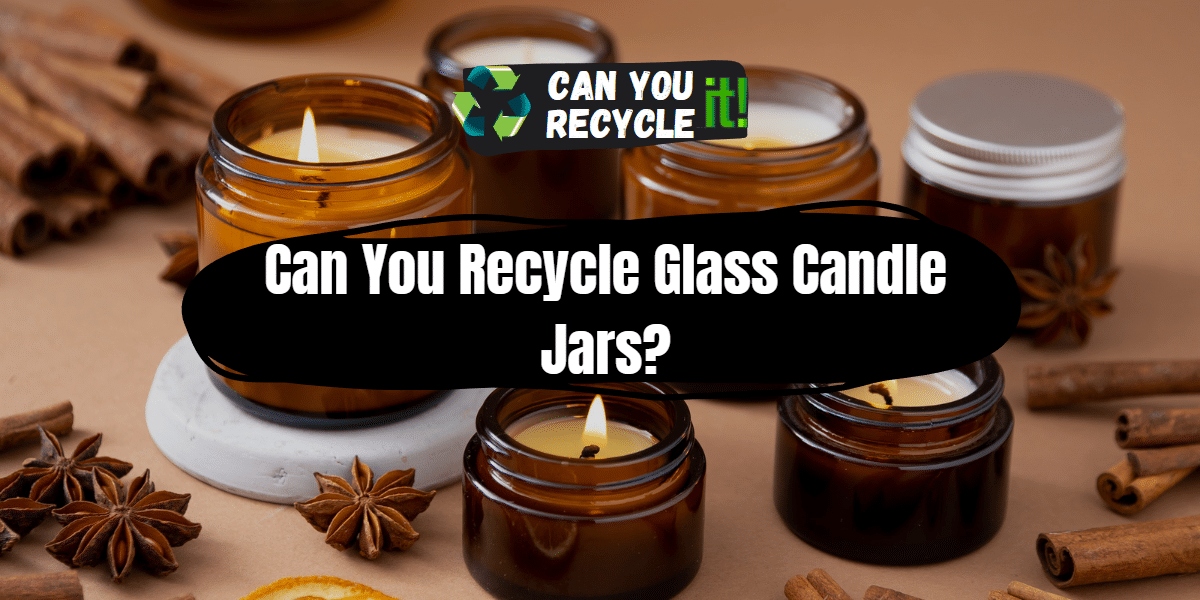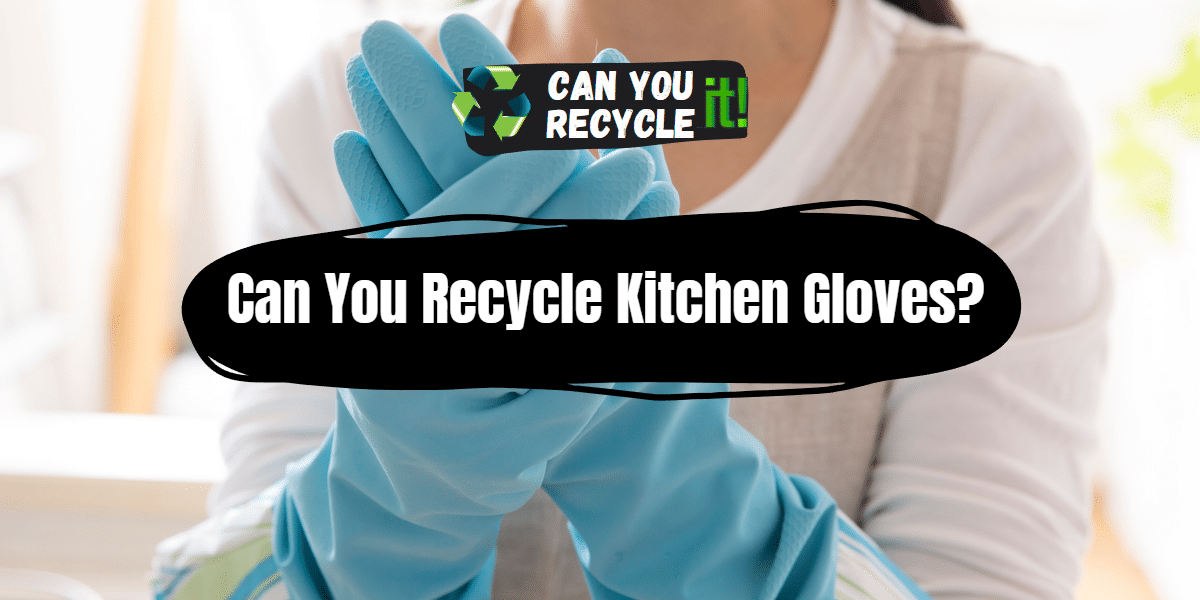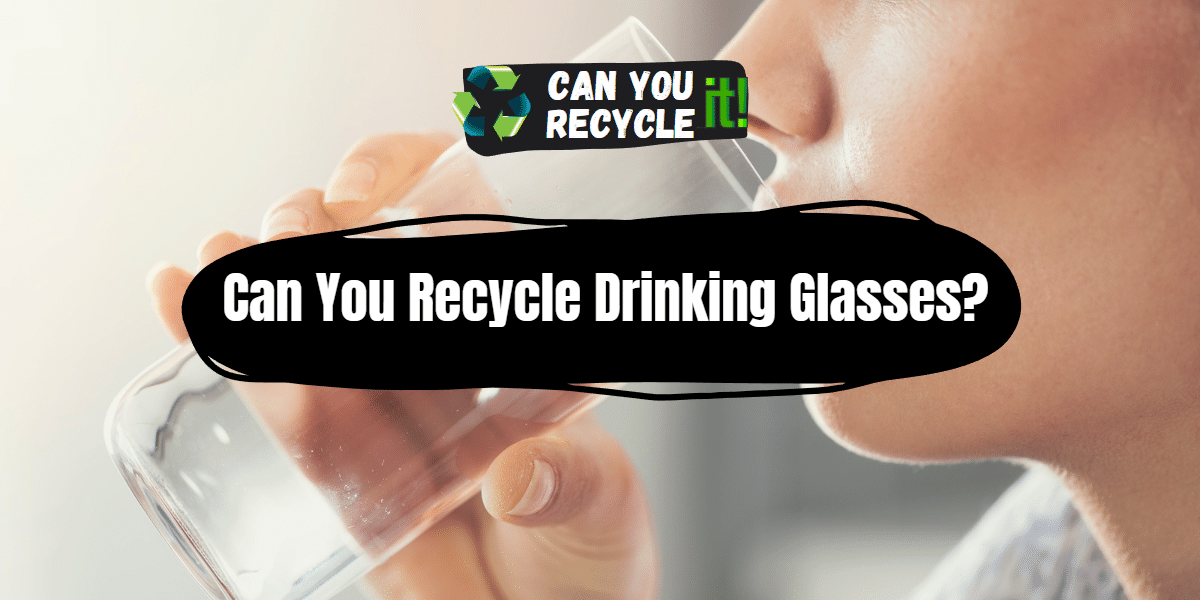The answer to whether banana peels can be recycled is a bit complex. While banana peels are biodegradable and can be composted, traditional recycling processes may not accept them. However, there are alternative ways to put banana peels to good use.
Bananas are a popular and nutritious fruit enjoyed by millions worldwide. However, once we consume the sweet flesh, the question arises: can you recycle banana peels? In this article, we will explore the possibilities of recycling banana peels, along with the dos and don’ts, a step-by-step guide, and the environmental impact of such recycling efforts.
Table of Contents
Do’s and Don’ts
Recycling banana peels requires following specific guidelines to ensure effective and responsible recycling practices. Here are some dos and don’ts to consider:
Dos
- Compost Banana Peels: Use banana peels as valuable additions to your compost bin. They are rich in nutrients and will help create nutrient-rich compost for your garden.
- Repurpose Banana Peels: Explore creative ways to repurpose them, such as using them for homemade cleaning solutions, natural skincare products, or even natural plant fertilizers.
Don’ts
- Mix Banana Peels with Regular Recycling: Avoid putting banana peels in your regular recycling bin, as they can contaminate other recyclables and hinder the recycling process.
- Dispose of Banana Peels in Landfills: Sending banana peels to landfills contributes to waste accumulation and missed opportunities for composting.
5 Step Guide to Recycle Banana Peels
If you are interested in recycling banana peels, follow this step-by-step guide:
Step 1
Collect Banana Peels: Save your banana peels in a designated container or bag, separate from other household waste.
Step 2
Composting Option: Utilize the nutrient-rich properties of banana peels by adding them to your compost pile. Ensure you balance the carbon-to-nitrogen ratio by including other compostable materials like dry leaves or grass clippings.
Step 3
Compost Bin Management: Stir or turn your compost pile regularly to facilitate decomposition and ensure proper airflow. This helps break down the banana peels faster.
Step 4
Repurposing Banana Peels: Explore alternative uses for banana peels, such as making natural cleaners by infusing peels in vinegar or creating face masks and hair treatments using mashed banana peels.
Step 5
Dispose of Unrecyclable Peels Responsibly: If composting or repurposing isn’t feasible, dispose of banana peels in green waste bins if available in your area or look for local composting facilities that accept food waste.
What to Do with Banana Peels That Cannot be Recycled
If banana peels cannot be recycled through traditional means, consider the following options:
- Composting: Banana peels can still be composted in your backyard compost bin or local composting facilities.
- Animal Feed: Some farmers or pet owners may be interested in using banana peels for animal feed. Consult local farmers or animal caregivers to explore this option.
Environmental Impact of Recycling Banana Peels
- Natural Fertilizer: When banana peels are composted, they break down into nutrient-rich organic matter. This compost can be used as a natural fertilizer, reducing the need for synthetic alternatives and promoting healthy soil.
- Reduced Landfill Waste: By recycling banana peels, we divert them from ending up in landfills where they contribute to methane gas emissions. Methane is a potent greenhouse gas that significantly contributes to climate change.
- Soil Erosion Prevention: Banana peels can be used as a protective layer on soil to prevent erosion. Their fibrous texture helps retain moisture, control weed growth, and promote healthy plant growth.
- Energy Generation: In some cases, banana peels can be used in anaerobic digestion systems to produce biogas, a renewable energy source. This process helps offset the use of fossil fuels and reduces greenhouse gas emissions.
- Wildlife and Biodiversity: Properly recycling banana peels in composting systems supports healthy ecosystems. It encourages the growth of beneficial organisms, such as earthworms, contributing to soil health and biodiversity.
Note: Banana peels should be composted appropriately and not simply discarded in nature, as they may not decompose efficiently in natural environments.
FAQs for Can You Recycle Banana Peels
Can I put banana peels in my regular recycling bin?
No, banana peels should not be placed in regular recycling bins as they can contaminate other recyclables. Instead, consider composting or repurposing them.
Can I use banana peels as fertilizer for my plants?
Yes, banana peels can be used as a nutrient-rich fertilizer. Chop or blend the peels and bury them near the base of your plants to release nutrients slowly.
Are banana peels safe for pets?
In small amounts, banana peels are generally safe for some animals. However, always consult a veterinarian before introducing new food into your pet’s diet.
Conclusion and final thoughts 💭
While banana peels may not be suitable for traditional recycling, they still have value in sustainable practices. Composting or repurposing banana peels can reduce waste, support nutrient cycling, and find alternative uses for this often-discarded fruit waste. Let’s embrace the potential of banana peels and contribute to a greener, more sustainable future.





Leave a Reply